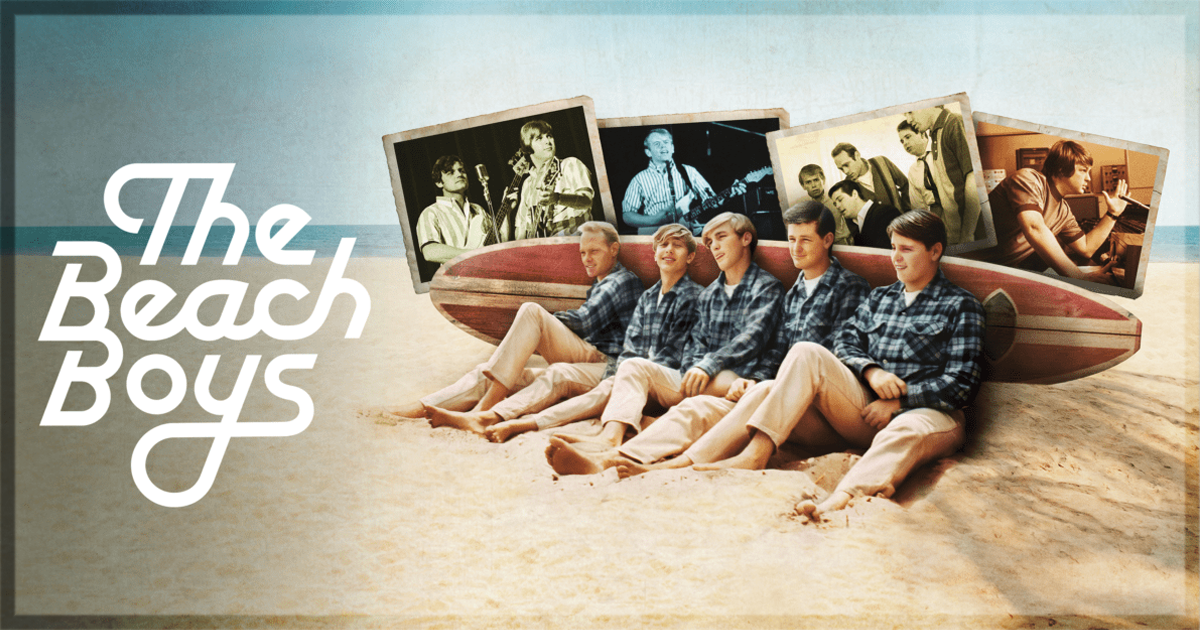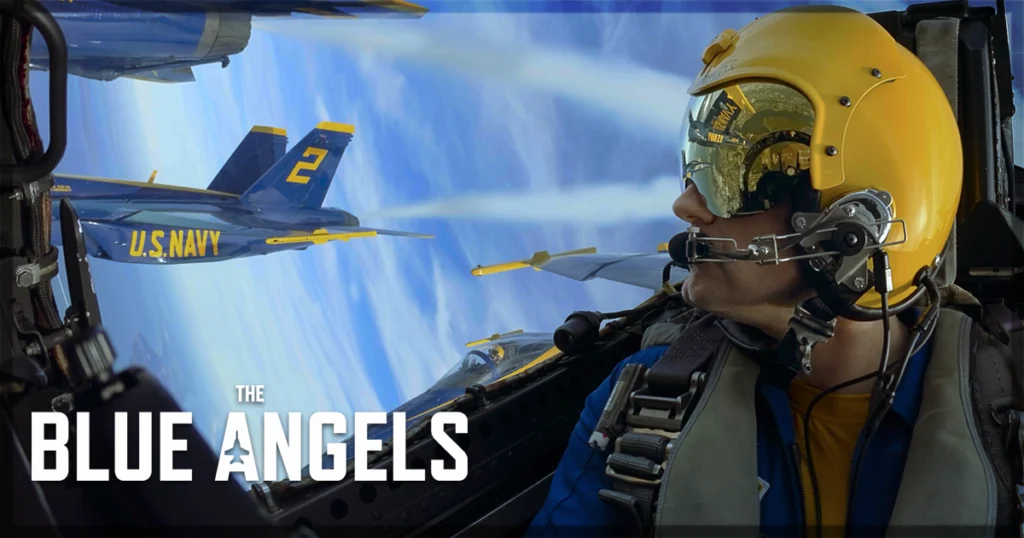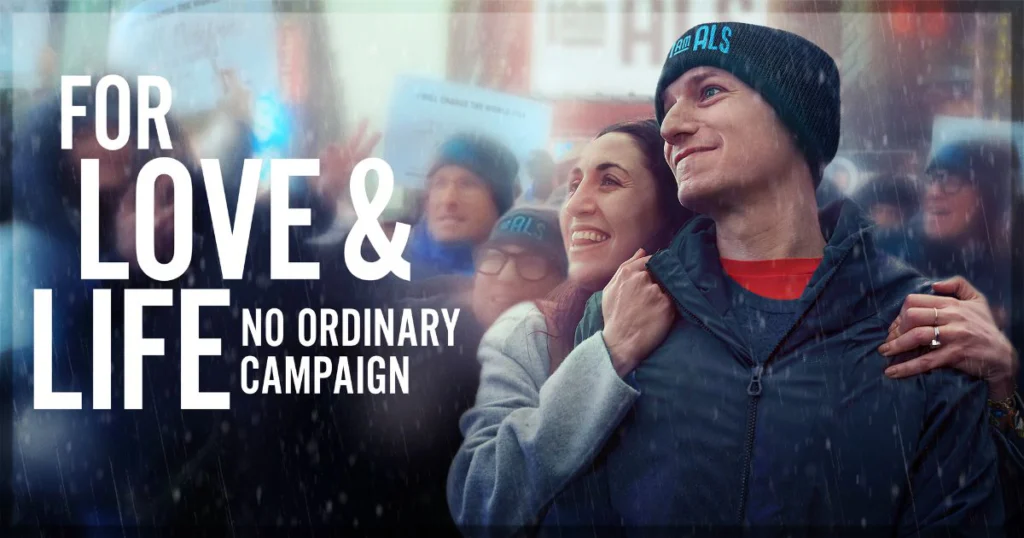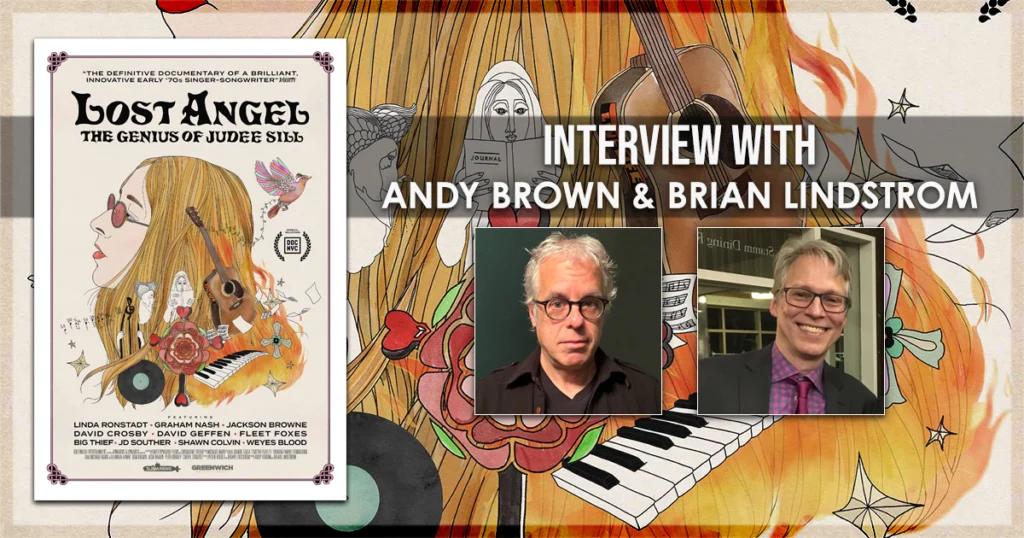In May this year, streaming service Apple Music started listing the 100 best albums. The albums were judged by Apple Music’s team and a commission of invited producers, artists, and industry professionals. Shockingly, The Beach Boys’ 1966 Pet Sounds was considered the 20th best of all time, below newer albums. Many experts and fans went to social media to complain about its position once the album was deemed quintessential to American pop music.
Touted as the Definitive Look at America’s Band
Explaining how the band reached this artistry point, Frank Marshall and Thom Zimny present what is being offered to the public as “The Definitive Look at America’s Band.” The film is shaped by a timed cut by the band, starting in 1962 with the local hit Surfin’ and ending with the release of the Endless Summer compilation album in 1974. The directors establish the band as a family business from the first moment.
Also, its organizational scheme is presented as a nuclear family: Brian Wilson (older brother), Dennis Wilson (Middle Brother), Carl Wilson (Youngest Brother), Mike Love (Wilson’s Cousin), and Al Jardine (Family Friend). Later, we learn that after Surfin’ charted in LA radio stations and signed with Capitol Records, Murry Wilson is promoted to the band’s manager, but he’s also Wilson’s father.
The Beach Boys as California Dreamers
After understanding the familiar dynamic that runs through the band is also attached to their contribution to the Surfing lifestyle. Influenced by other bands who would score surf films and emulate a surf-life sound, The Beach Boys assume their role as the Californian dream-spoken people. As cited by producer Ryan Tedder in his interview, as a child in Oklahoma, he felt their sound was the certainty that there was a bigger world outside his state.
Charting and touring with their smash hits, such as Surfin’ USA, it is soon shown how Brian hated to go on tour and would rather stay home to write music and lyrics. His preferences are clarified when we hear an old interview about how obsessed he got with Phil Spector’s work on The Ronettes’ Be My Baby. He soon starts to work for his Spector’s band, The Working Crew and assumes the role of the band producer.
The structure of analyzing each period and those records get tired as soon as they drift away from Brian’s functions. The talking heads interviewed former members Mike Love, Bruce Johnston, and Al Jardine, who are sometimes exciting but become quite repetitive and add only a few layers to the story. It is pretty nitid how the band depended on Brian’s figure as a band leader and his talents.
The approach to Brian’s figure is the film’s main problem. The decision is to constantly expose and show his issues with drugs, mental health, and insecurity, while this psychological lineage is not applied to the interviewed members. The other only member whose controversial story is brought on is Dennis Wilson and his involvement in the 1960s with the cult leader and criminal Charles Manson. The film takes the other side, mainly Mike Love’s, who sued Brian in the past for songwriting credits when they deliberately hid the wrong-doings and problematic aspects of the other members, then proceeds to personify the lousy boy stigma into Brian.
The Beach Boys rivalry with The Beatles
However, some exciting points of debate exist, such as the rivalry with The Beatles. It is established through a passage of a Beach Boys tour in Australia when the Liverpool band appears on The Ed Sullivan Show. Brian even states in a genuinely funny passage: “I Wanna Hold Your Hand is not even that good.” However, the curious aspect of this rivalry is how the bands push each other’s boundaries, as Sgt. Pepper is described as a response caused by John and Paul’s impressive first hearing of Pet Sounds in London. After hearing Rubber Soul and feeling the need to create a thematic album, Pet’s whole concept and inspiration were inspired by Brian’s impression. The two legendary bands would recognize each other’s greatness and use it as fuel to compose new art.
Unfortunately, segments such as the combat to The Beatles are an island of exciting and good archival usage immersed in a sea of bland and uneven ideas. It sounds like an impartial film, but it builds the whole image of Brian as a troubled person who ended the band. Ultimately, it is a missed opportunity to be the definitive look at the band, even though it seems impossible to deliver something definitive when it only highlights a side of the story and rushes essential passages about the decay of the troupe.
After 113 minutes, Marshall and Zimny present a highly flawed and unbalanced documentary about one of the most essential bands in history. Besides the rich archival work available, they refrain from betting on different materials to enrich the artists behind a highly relevant catalog.
The Beach Boys documentary is now streaming on Disney+.
To learn more, visit the official Disney website for the title.
You might also like…
‘The Blue Angels’ Documentary Review
‘For Love & Life: No Ordinary Campaign’ Documentary Showcases People’s Tenacity for Living
‘LOST ANGEL: The Genius of Judee Sill’ Interview with Filmmakers Andy Brown & Brian Lindstrom




